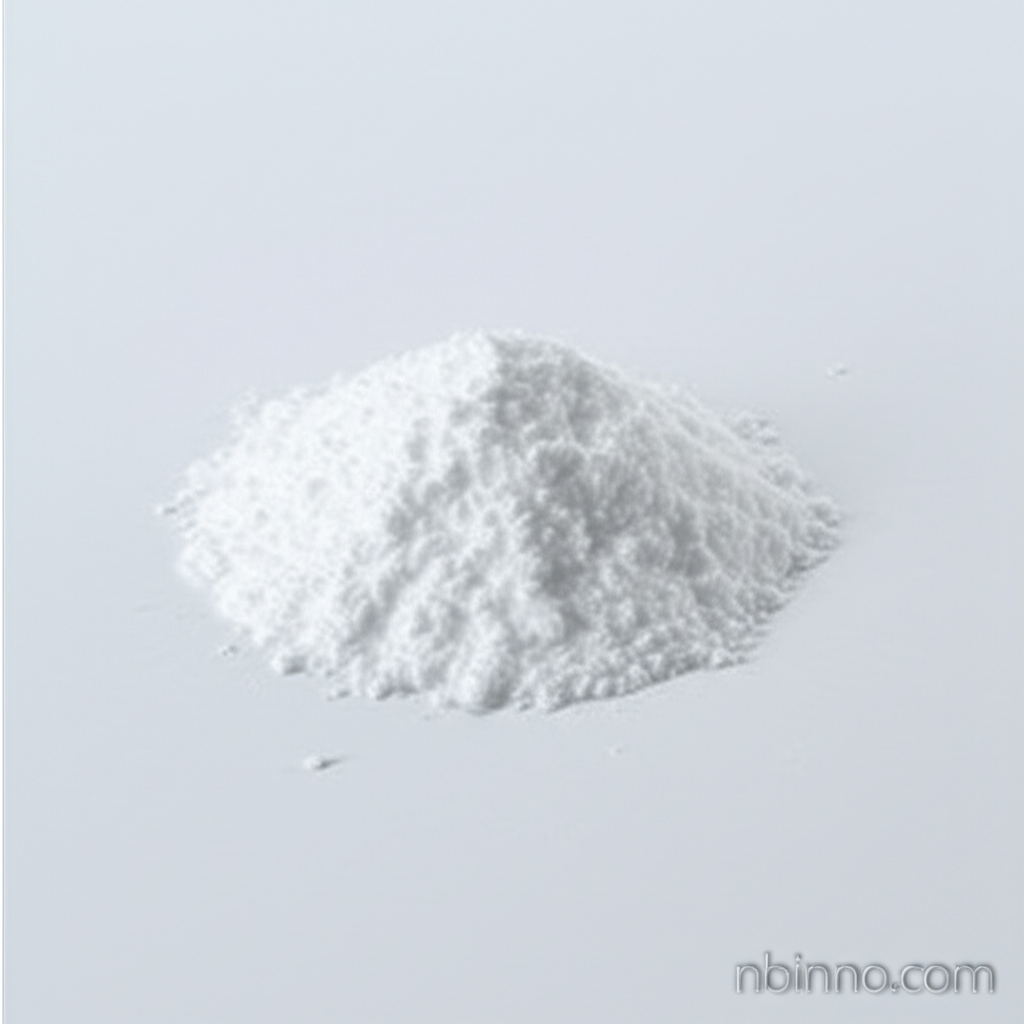Octreotide Acetate: A Comprehensive Guide to its Properties, Applications, and Research Uses
Explore the intricate details of Octreotide Acetate, a crucial synthetic peptide for advanced scientific research.
Get a Quote & SampleProduct Core Value

Octreotide Acetate
Octreotide Acetate is a synthetic, long-acting analog of the natural hormone somatostatin. It exhibits potent inhibitory effects on the secretion of growth hormone, glucagon, and insulin, making it invaluable for studying hormonal regulation and neuroendocrine functions in various research settings.
- Investigating hormonal regulation and neuroendocrine functions is greatly facilitated by understanding the pharmacologic properties of octreotide.
- The compound's ability to inhibit growth hormone secretion and other key hormones is critical for inhibition of growth hormone secretion research.
- Delve into the detailed Octreotide CAS 79517-01-4 properties to understand its stability and solubility in various research applications.
- As a widely recognized synthetic somatostatin analog, it aids in elucidating complex biological pathways and disease mechanisms.
Advantages it Brings
Enhanced Research Precision
The precise modulation of hormone release by Octreotide Acetate allows for more accurate experimental outcomes in neuroendocrine function studies.
Extended Action for Extended Study
Its longer duration of action compared to natural somatostatin provides a stable experimental environment for observing the sustained effects related to inhibition of glucagon secretion.
Versatile Application in Life Sciences
Researchers can leverage Octreotide Acetate for a broad spectrum of studies, including those focused on inhibition of insulin secretion and general peptide hormone interactions.
Key Applications
Biochemical Research
Utilized in biochemical assays to understand enzyme inhibition and hormone receptor binding dynamics, contributing to the field of peptide synthesis and analysis.
Endocrinology Studies
Essential for research into endocrine disorders and the mechanisms underlying hormone secretion, supporting hormone therapy research.
Pharmaceutical Development
Serves as a key component in the development of new peptide-based therapeutics, acting as pharmaceutical intermediates for peptide drugs.
Neuroscience Research
Investigating the role of neuropeptides and hormonal signaling in neurological processes, aligning with advanced chemical synthesis methodologies.
